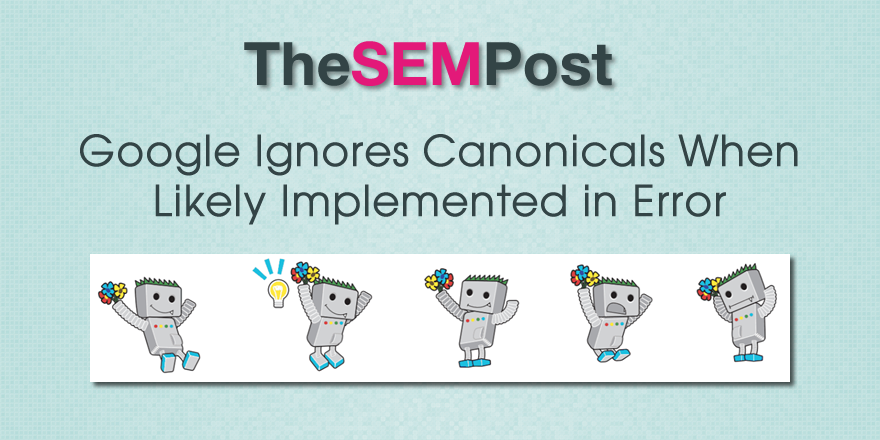 Anyone who has done website audits has probably come across situations where canonicals have been set up incorrectly, sometimes to disastrous results. But how does Google handle canonicals when a large number of pages are pointing to the same page, or if the canonicals are set up in such a way that it is likely done in error?
Anyone who has done website audits has probably come across situations where canonicals have been set up incorrectly, sometimes to disastrous results. But how does Google handle canonicals when a large number of pages are pointing to the same page, or if the canonicals are set up in such a way that it is likely done in error?
The question came up in a recent Google webmaster office hours, asking if there was an issue if many internal pages all point to the same canonical page. Here is the question:
If tons of canonical URLs are pointing to one common page, is that harmful?
Here is John Mueller’s response:
No, not necessarily. The one situation where I have seen that be problematic, is if all of the URLs have a canonical to the homepage of the website, then essentially our systems kind of realize that something is probably wrong with how rel canonical is implemented here, and we will probably try to ignore that set up on those pages.
But if you have a lot of different parameter URLs, and tracking URLs for different tracking sources, or have session IDs or anything like that where you have tons of URLs but actually just always the same content and can be simplified to a cleaner URL, then that’s a perfect use of rel canonical.
For example, I recently saw a major US retailer that added a canonical pointing to the homepage for all their internal category pages – obviously either an implementation error or a mistake in how their SEO believed canonicals worked. But many of those category pages were still ranking, with Google simply ignoring the canonicals.
So Google will try and save webmasters from themselves when they feel the rel canonical is in error and when other signals (such as the content not being identical or near-identical) seem to point in the direction that the canonicals are incorrect. That said, don’t assume Google will work out how these canonicals should be done, if they are done incorrectly, as signals could change in the future, and the canonicals Google had been ignoring could be followed in the future.
Jennifer Slegg
Latest posts by Jennifer Slegg (see all)
- 2022 Update for Google Quality Rater Guidelines – Big YMYL Updates - August 1, 2022
- Google Quality Rater Guidelines: The Low Quality 2021 Update - October 19, 2021
- Rethinking Affiliate Sites With Google’s Product Review Update - April 23, 2021
- New Google Quality Rater Guidelines, Update Adds Emphasis on Needs Met - October 16, 2020
- Google Updates Experiment Statistics for Quality Raters - October 6, 2020